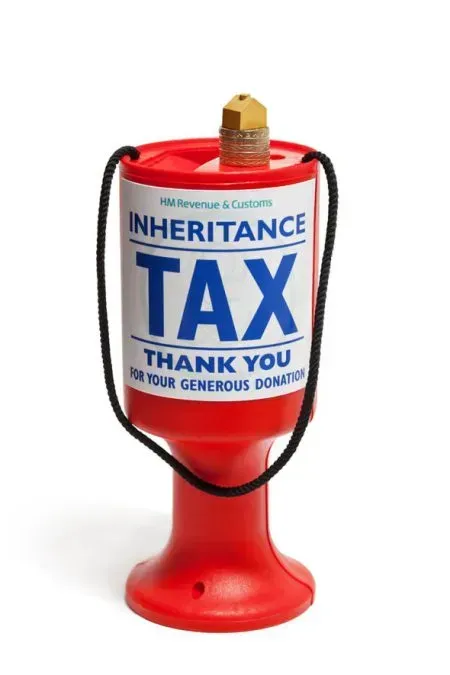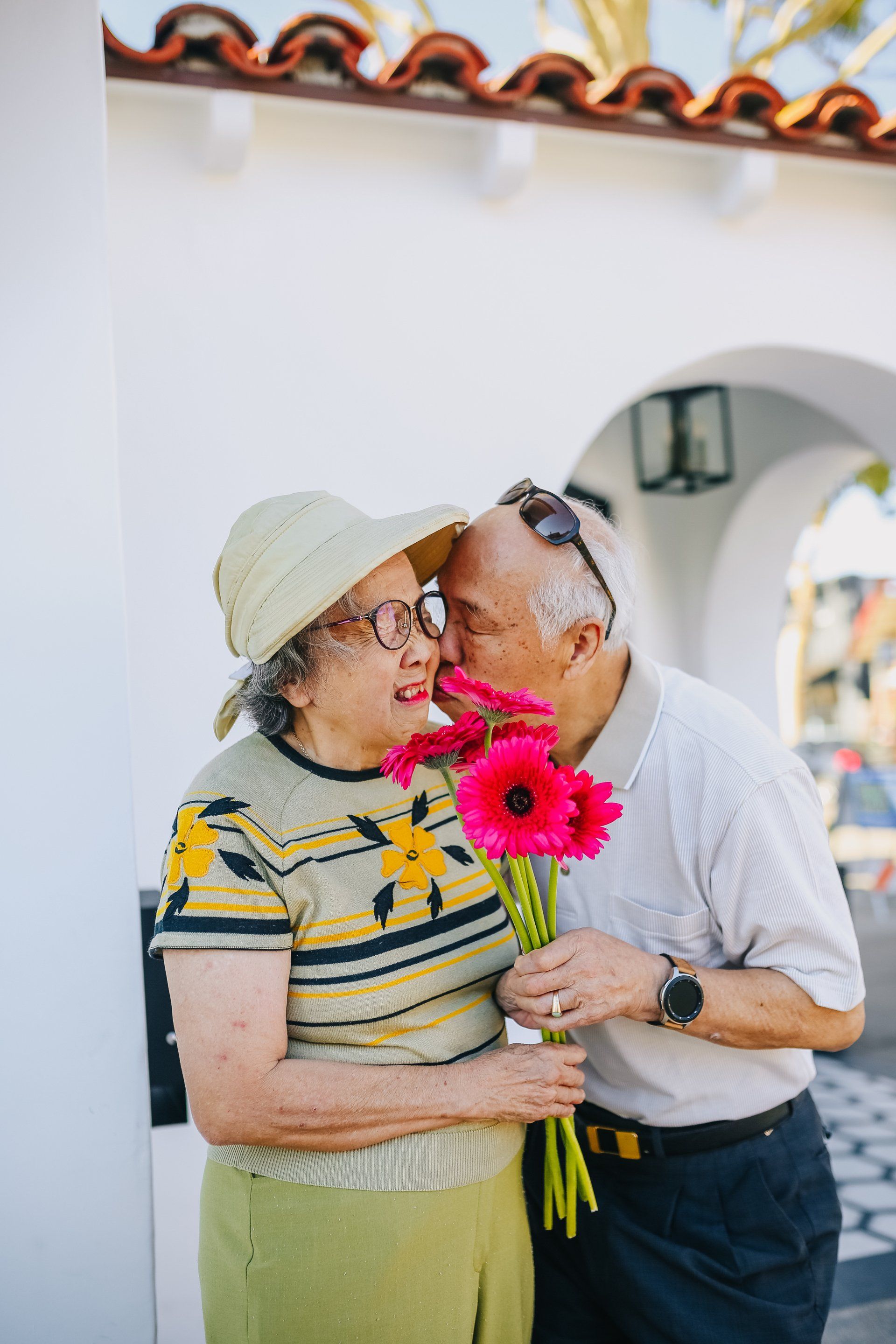Do you have your Power of Attorney in place?
What is the purpose of a Power of Attorney?

You may have heard Martin Lewis advocating the importance of Power of Attorney, particularly Lasting Power of Attorney (LPA). So what are they exactly and why do we need them?
A Power of Attorney (PoA) is a legal document that gives someone you trust the authority to act on your behalf if you’re no longer able to make decisions yourself. In the UK, it’s a crucial step in planning for the future, especially when considering potential illness, injury, or old age.
There are different types of PoA in the UK. The most common is the Lasting Power of Attorney (LPA), which comes in two forms: one for property and financial affairs, and another for health and welfare. These must be registered with the Office of the Public Guardian to be valid.
Having a PoA in place offers peace of mind. Without one, if you become mentally incapacitated, your loved ones may face a long, expensive process to apply to the Court of Protection to manage your affairs. This can be emotionally and financially draining at an already difficult time.
The health and welfare LPA becomes especially important if you lose mental capacity. It allows your chosen attorney to make critical decisions about your care, treatment, and even life-sustaining medical choices. Without it, healthcare professionals or social services may make those decisions without input from your family.
Setting up a PoA is not just for the elderly. Accidents or unexpected illness can happen at any age. Establishing one early ensures your affairs are managed the way you would want, by someone you trust, if the unexpected occurs.
Presently, it takes around 20 weeks for the Office of The Public Guardian to register Powers of Attorney.
In short, a Power of Attorney is about control, security, and reducing the burden on loved ones. It’s a simple yet powerful tool that protects your interests and ensures your voice is heard, even if you can’t speak for yourself.



